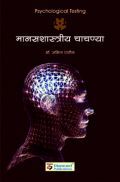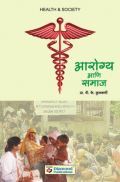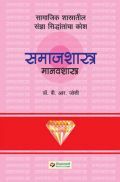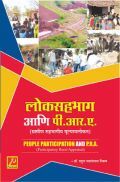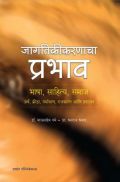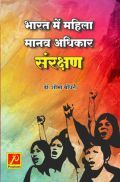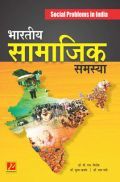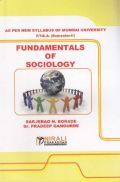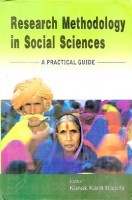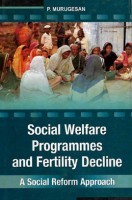The Fundamental purpose of education is to secure for every one the conditions under which individuality is most completed developed. The content of education and consequently, the development of personality are both conditioned by the philosophy of education. Education will cease to be purposeful, and will lack its dynamic character without philosophy of education. The philosophy is concerned with determining the ends of education, while the science of education determines the means to be used for their realization.
The purpose of this book is to outline those elements of sociological foundation of educational philosophy that are relevant to a proper understanding of education. I trust that I have written something about Sociological foundation of education for the general reader who wishes to acquaint himself with what sociological philosophy and education. The four different ways of understanding are of course the four philosophies: naturalism, idealism, realism and pragmatism. The case for the ability of this foursome to represent on a rather wide scale the rivalries of thought, is incidental to the task to which this book is dedicated and will not therefore be argued at this point. The assumption is, however, that the study of the four philosophies with some degree to adequacy will open the way to many of the insights needed for dealing responsibly with the burden of our times.
This book Useful for Arts students.
1. THE MEANING OF PHILOSOPHY
2. TRADITIONAL PHILOSOPHIES OF EDUCATION
3. DEFINITION AND PHILOSOPHY OF EDUCATION
4. THE GOOD LIFE AS THE AIM OF EDUCATION
5. SOCIOLOGICAL TENDENCY IN EDUCATION
6. DEMOCRACY AND EDUCATION
7. RELIGION THE EDUCATION
8. EDUCATION AND THE SOCIAL ORDER
9. EDUCATION IN THE SOCIAL ORDER
10. REALITY AND KNOWLEDGE
11. EDUCATION AND VALUES
12. THE AESTHETIC VALUES
13. THE ASSOCIATIONAL VALUES
14. THE MORAL VALUES
15. THE RELIGIOUS VALUES
16. THE ECONOMIC, HEALTH, AND RECREATIONAL VALUES
17. THE CURRICULUM
18. METHODOLOGY








